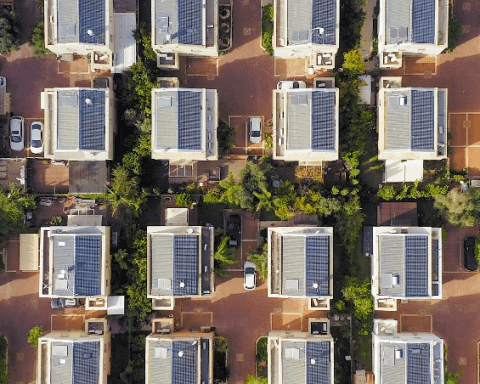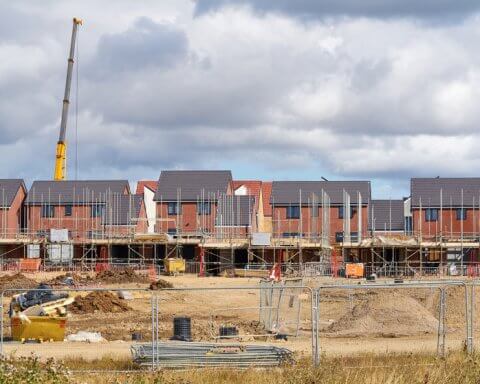Buildings are a main source of energy use and greenhouse gases. In Toronto, for example, 60 per cent of greenhouse gas emissions are associated with existing buildings, while energy costs represent one of the largest controllable cost centres for commercial buildings. Yet, the lack of standardized information on the energy performance significantly constrains the scale of cost-effective energy efficiency investments – a global opportunity estimated by McKinsey to be in the order of $250 billion annually.
This January, the Council for Clean Capitalism initiated talks with the City of Toronto and the Toronto Atmospheric Fund to examine how Toronto could move forward to address this critical information gap.
This culminated in the Toronto Parks & Environment Committee adopting Item PE26.3 “Energy Reporting Requirement for Large Commercial and Multi-Residential Buildings” on March 3, which will task city staff to report to City Council by March 2015 with a proposed bylaw and implementation plan for establishing a mandatory ‘Annual Energy and Water Utilization Reporting Requirement’ for large buildings.
Based on the Council for Clean Capitalism’s analysis of successful benchmarking requirements implemented across a multitude of U.S. jurisdictions, including New York City, San Francisco, and California State, there is a strong indication that well-designed building benchmarking requirements can help catalyze a number of economic and environmental benefits.
A more complete and standardized dataset for building energy performance will foster the integration of energy performance metrics into economic decision-making, opening the way for increased energy efficiency investments and related cost savings.
There is also an emerging pool of evidence showing that more energy efficient buildings have higher employee productivity, lower turnover, higher occupancy rates, and higher property values – 13 per cent higher, according to one major study. Likewise, the same study found that rents are typically 8 per cent higher in LEED-certified and Energy Star-rated buildings.
Over 50 jurisdictions across the United States and Europe have set a clear precedent for the efficacy of benchmarking in generating savings and creating jobs – Toronto can learn and improve on these initiatives.
The Council for Clean Capitalism looks forward to contributing to the development and implementation of this requirement for the long-term benefit of Toronto citizens.
For information about the Council for Clean Capitalism, visit cleancapitalism.com







